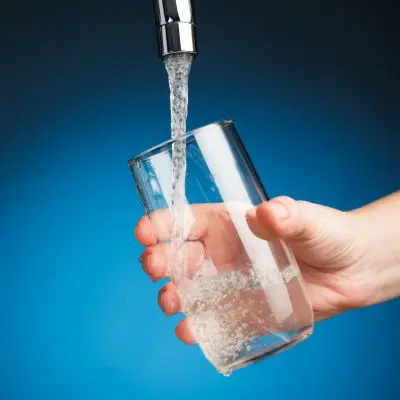Water is essential for countless commercial operations
Water is essential from hospitality and food services to manufacturing and healthcare. However, not all water is created equal. Hard water, which contains high levels of calcium and magnesium, can have a serious impact on your commercial equipment. Left untreated, hard water can lead to costly repairs, reduced efficiency, and even equipment failure.
Scale Buildup:
The most noticeable effect of hard water is the buildup of scale—a hard, chalky deposit of minerals—inside equipment like boilers, dishwashers, washing machines, and water heaters. This buildup reduces heat transfer efficiency and forces the equipment to work harder, increasing energy consumption and wear.
Reduced Efficiency and Performance:
Scale buildup in pipes and machinery restricts water flow and reduces operational efficiency. For example, a commercial dishwasher affected by hard water will take longer to clean dishes and may leave behind residue, affecting cleanliness and customer satisfaction.
Increased Energy Costs:
When scale builds up in heating elements, it acts as an insulator, forcing systems like boilers and water heaters to use more energy to heat water. This results in significantly higher utility bills over time.
Frequent Repairs and Maintenance:
Hard water contributes to more frequent breakdowns and maintenance issues. Valves, seals, and heating elements may wear out faster, leading to more downtime and increased repair costs.
Poor Product Quality:
In industries like food and beverage or pharmaceuticals, the quality of water can directly impact the final product. Hard water can introduce off-flavors, residues, or unwanted chemical reactions, affecting the quality and safety of your output.



